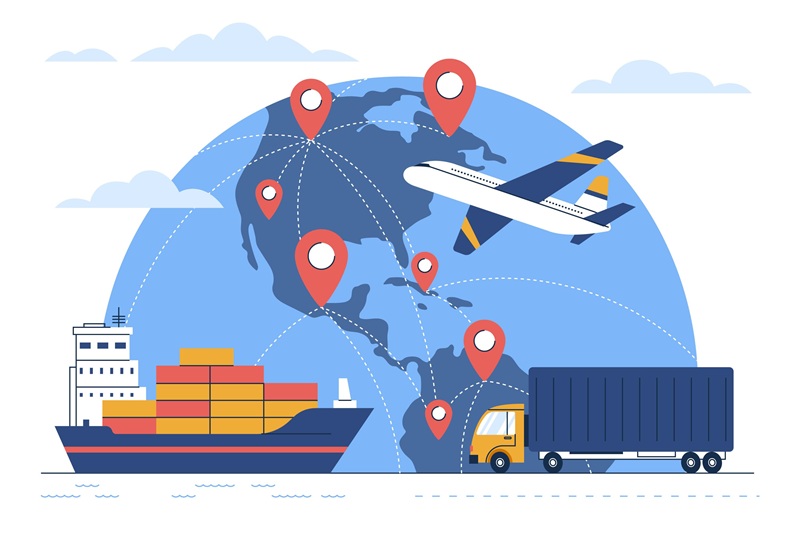Quality Inspection

What is Quality Inspection
Quality inspection is a conformity assessment of imports to ensure that goods coming into the country comply to the set standards and regulations.
Quality Inspection of Imports started in Kenya on 1st July 1995 after the gazettement of Legal Notice No. 227 of 14th June 1995 by the Minister for Commerce and Industry. Subsequent Legal Notices have been issued by the Government to ensure that all Imports into Kenya meet the requirements of Kenya Standards or any other standards approved by KEBS. In particular, Legal Notice No. 66 of 10th June 1999 declares all imports into Kenya which do not meet the requirements of Kenya Standards, or any other standards approved by KEBS as Substandard Imports or prohibited imports.

Why Quality Inspection?

With the liberalization of trade in Kenya, importers are free to import all kinds of products into the country. This has resulted in substandard commodities flooding the Kenyan market and competing unfairly with locally manufactured products. A number of Kenyan industries have closed and employment opportunities have been lost. The purpose of Quality Inspection of Imports is to ensure that imports into Kenya comply with the requirements of Kenya Standards to which locally manufactured goods are also tested. This will eliminate the dumping of substandard goods in the local market.
Entry points
There are three main categories of import entry points: Air, Land and Sea

Import inspection procedure
When goods arrive at the Port of Entry the importer should inform KEBS staff on site who will:
Step 01.
Inspect the goods, the entry form and the packing list
Step 02.
Take samples for testing
Step 03.
Release the goods into the country if found to be complying with the relevant Kenya Standard(s)


How to avoid rejection of Imports Upon inspection For Quality (Importer Responsibility)

Categories of imported Goods
Goods Exempt from PVOC
Goods with PVOC Certificates
Goods accompanied with Certificate of Conformity issued by KEBS partners Under PVOC Services
Destination Inspection
KEBS has trained and posted qualified inspectors in various fields such as Chemists, Food Scientists, Textile Engineers, Mechanical engineers, civil engineers and Electrical Engineers among other fields of specialization to carry out destination inspection in all ports of entry before allowing goods into the country. The assessment includes, but not limited to, inspection, sampling, testing, and the issuance of a Certificate of Conformity/Roadworthiness for compliant goods. Goods found non-compliant are issued with a Nonconformity Report (NCR).
Small parcels through courier
To facilitate clearance of small parcels that are imported through courier, KEBS has an MOU with the courier service providers through their umbrella called Courier Industry Association of Kenya (CIAK) where destination inspection is carried out at subsidized rates.
Consolidated Goods
Products imported by KEBS registered consolidators are subjected to physical inspection and testing (where applicable) before release for entry into the country. Consolidated goods imported by registered consolidators shall pay inspection fees of 0.6% of CIF as per the provision of the Legal Notice 212. List of registered Consolidators
Product Registration Scheme
This is a scheme designed to support D.I by easing the clearance process and facilitate trade. Goods under this scheme entering the country from countries where KEBS has appointed PVOC are subjected to destination at the same inspection fees charged by the PVOC partner.
